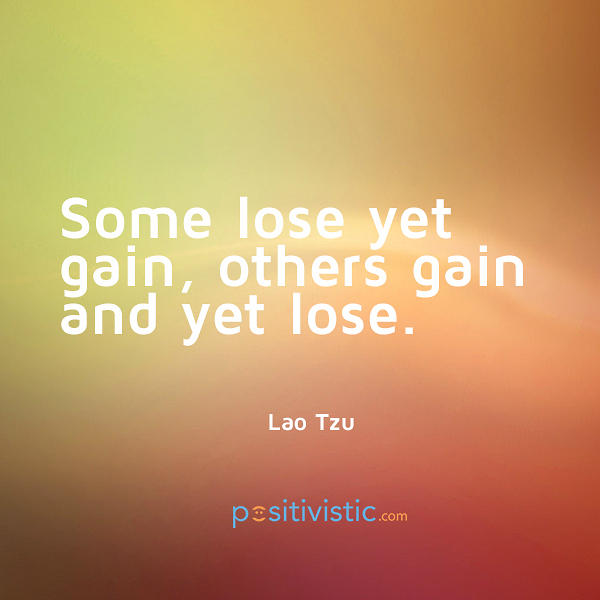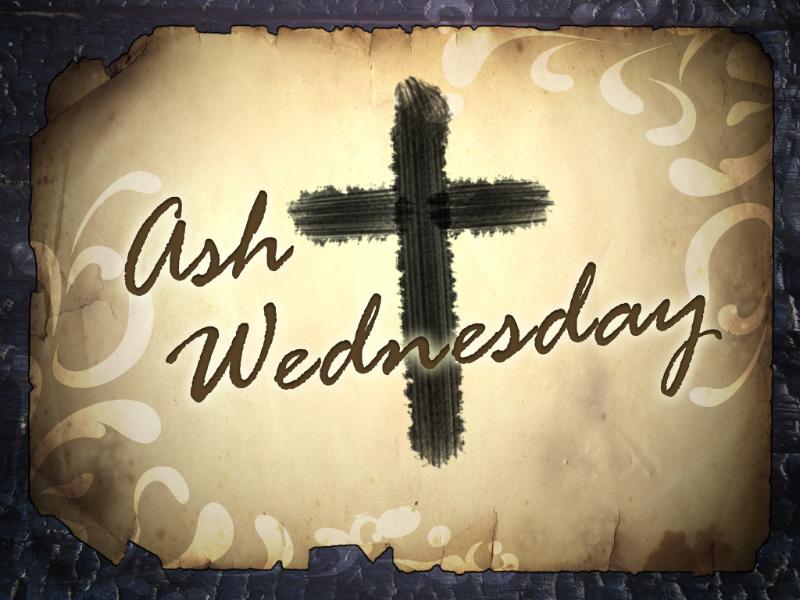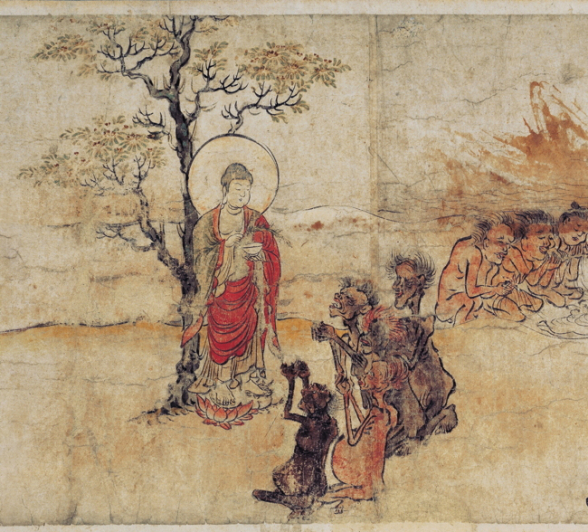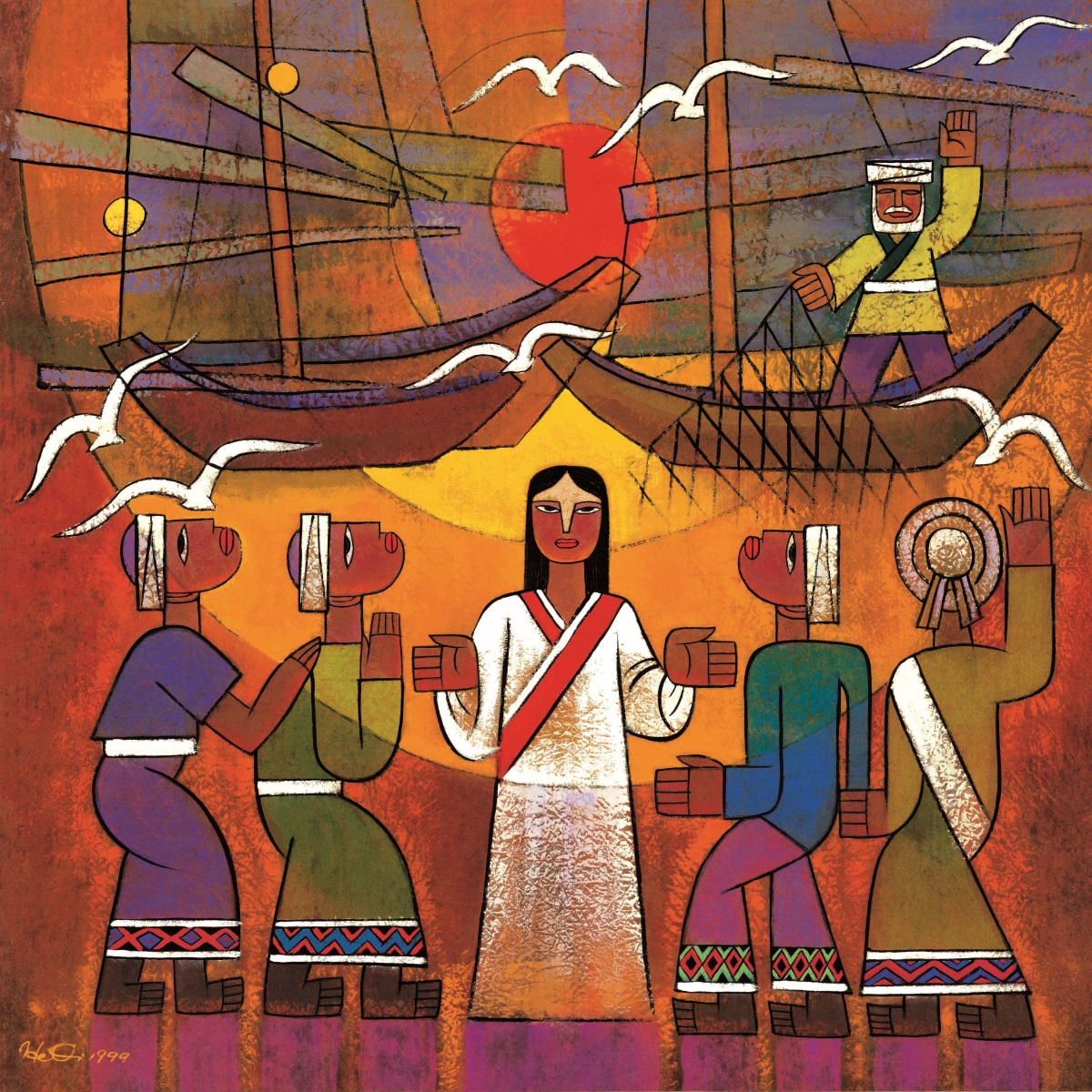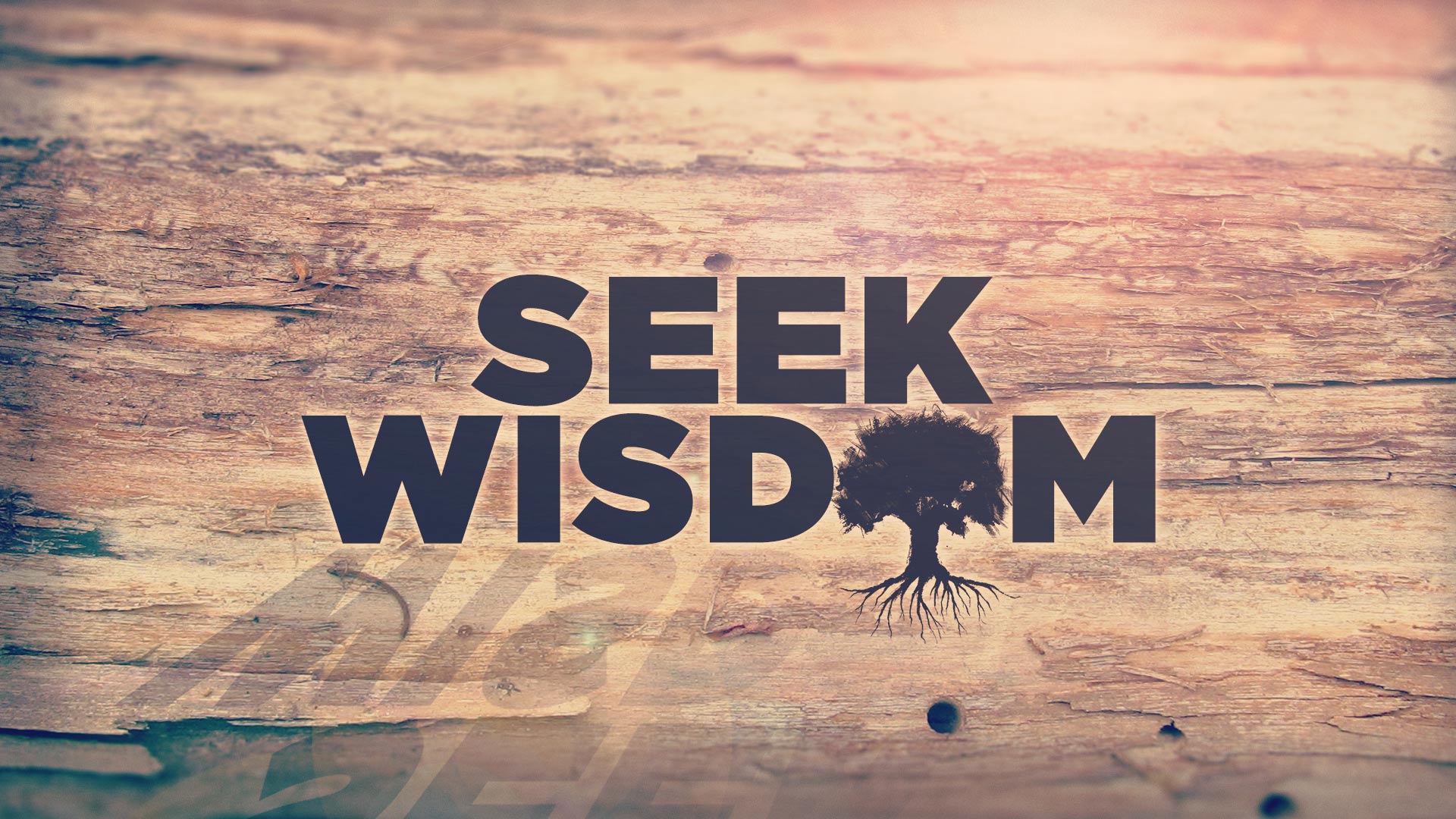Reflections on Lent 2: Genesis 17 & Mark 8: names, identities, life, self.
— Song of Myself, Walt Whitman
your heart must forget about shame and dignity.
You are God’s lover, yet you worry what people are saying.
― Jalaluddin Mevlana Rumi
Giving Up a Life, a Self, an Identity: Themes from Mark 8
Do not lose yourself in the past. Do not lose yourself in the future. Do not get caught in your anger, worries, or fears. Come back to the present moment, and touch life deeply. This is mindfulness. ― Thich Nhat Hanh, The Heart of the Buddha’s Teaching: Transforming Suffering into Peace, Joy, and Liberation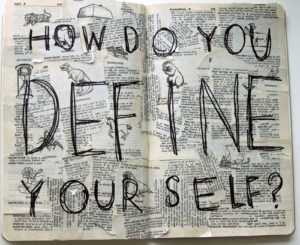 We begin to find and become ourselves when we notice how we are already found, already truly, entirely, wildly, messily, marvelously who we were born to be. The only problem is that there is also so much other stuff, typically fixations with how people perceive us, how to get more of the things that we think will make us happy, and with keeping our weight down. So the real issue is how do we gently stop being who we aren’t? … Here’s how I became myself: mess, failure, mistakes, disappointments, and extensive reading; limbo, indecision, setbacks, addiction, public embarrassment, and endless conversations with my best women friends; the loss of people without whom I could not live, the loss of pets that left me reeling, dizzying betrayals but much greater loyalty, and overall, choosing as my motto William Blake’s line that we are here to learn to endure the beams of love. — Anne Lamott, “Becoming the Person You Were Meant to Be: Where to Start” O, The Oprah Magazine
We begin to find and become ourselves when we notice how we are already found, already truly, entirely, wildly, messily, marvelously who we were born to be. The only problem is that there is also so much other stuff, typically fixations with how people perceive us, how to get more of the things that we think will make us happy, and with keeping our weight down. So the real issue is how do we gently stop being who we aren’t? … Here’s how I became myself: mess, failure, mistakes, disappointments, and extensive reading; limbo, indecision, setbacks, addiction, public embarrassment, and endless conversations with my best women friends; the loss of people without whom I could not live, the loss of pets that left me reeling, dizzying betrayals but much greater loyalty, and overall, choosing as my motto William Blake’s line that we are here to learn to endure the beams of love. — Anne Lamott, “Becoming the Person You Were Meant to Be: Where to Start” O, The Oprah Magazine
Continue reading “Reflections on Lent 2: Genesis 17 & Mark 8: names, identities, life, self.”
Reflections on ashes and dust: themes from Ash Wednesday & Lent
Ash Wednesday is the starting point of Lent. We are marked with ashes as we begin the season. We go from feasting to a season of fasting, praying, and giving.
Or perhaps we can think of Lent as a season of personal training, of discipline and preparation, to return to spiritual fitness. It’s a time when, through confession, we admit and wrestle with our issues, vulnerabilities and weaknesses … and get to know ourselves better. We seek healing and balance.
This is also an opportunity to understand that we are beloved for whom we are: messy and imperfect and broken. Just as we are beloved for whom we may become. Because the gift of this season, ultimately, is grace. We can prepare, we can focus … yet we cannot earn the boundless love toward which we are reaching. It is simply offered to us, regardless of how perfect or imperfect we are. Just because.
Ashes symbolize mortality, as well as humility and contrition. The proudest members of society, in many faith traditions, don sackcloth and wear ashes as signs of humility, to express sorrow, or to demonstrate a desire for reconciliation and forgiveness. Ashes represent, like “dust to dust”, our elemental origins and remind us that our bodies will return to the earth. Within our faith, we also believe that while our bodies are formed from organic materials, our living selves are filled up with and energized by Breath, Wind, or Holy Spirit, which animates life and connects all of us.
Traditionally, people receive ashes today, Ash Wednesday, as a smudge or cross on the forehead. We come to this season in a messy way, wearing our imperfection on our faces. Messy, sad, sorry, tired, angry, grateful, hopeful, happy, curious … we enter into this time of preparation, on the journey toward Easter.
Continue reading “Reflections on ashes and dust: themes from Ash Wednesday & Lent”
Reflections on inner demons, hungry ghosts. Calling on saints, angels & bodhisattvas. Themes from Mark 1.

Your body is woven from the light of heaven. Are you aware that its purity and swiftness is the envy of angels and its courage keeps even devils away. — attributed to Rumi
Lord, the demons still are thriving in the gray cells of the mind:
tyrant voices, shrill and driving, twisted thoughts that grip and bind,
doubts that stir the heart to panic, fears distorting reason’s sight,
guilt that makes our loving frantic, dreams that cloud the soul with fright.
… Clear our thought and calm our feeling; still the fractured, warring soul.
By the power of your healing make us faithful, true, and whole.
— Thomas Troeger (excerpt from hymn ‘Silence, frenzied, unclean spirit’)
We consider mindful, spiritual and positive psychology approaches to issues with which we wrestle. These issues may be known in Biblical texts as ‘unclean spirits’ and also referred to in our culture as as inner demons or in Buddhist canon as hungry ghosts. We offer below some resources to reinforce the practice of calling on God, love, compassion, acceptance … maybe through simple exercises and spiritual practices, or with the belief in God, Christ, Spirit, angels, saints, and bodhisattvas as well as self and other people in community.
- OptionB.org, Lee Daniel Kravetz: Guide to Grounded Hope
- Lama Tsultrim Allione, How to Feed your Demons
- Thich Nhat Hahn, 5 Practices for Nurturing Happiness and Dharma Talk on ‘Transforming Negative Habit Energies’
- Plum Village (Thich Nhat Hahn’s community), Being Mindful in Daily Life
- Center for Action and Contemplation, Fr Richard Rohr, Daily Meditations (must sign up for these)
- Steve Goodheart, Skillful Ways to Deal with your Demons
- Good Therapy, Core Mindfulness: Dialectical Behavioral Therapy and Dialectical Behavior Therapy
- Positive Psychology Program: 12 Positive Psychology Interventions and 3 Ways to Find the One You Need11
- Positive Psychology Program: 22 Mindfulness Exercises, Techniques and Activities
- Psychology Today, Inner selves: Calming the Demons
- Psychology Today: What Is Positive Psychology and What Is It Not?
- Ignatian Spirituality, The Daily Examen
Reflections from Jonah and Mark 1: Being Called
rise and take control.
Oh the Places You’ll Go (excerpt) — Dr. Seuss
You’re off to Great Places! Today is your day!
Your mountain is waiting, So… get on your way!
Do you wonder what you are called to do? Whom you are called to be? Are you reflecting on a decision? The Ignatian discernment process may be helpful. Here is a link to an article that outlines this spiritual process briefly, or you can go to the original website for a more in-depth approach.
Or are you looking for a simple way to pray each day, and reflect and be mindful each day? Try the Daily Examen, another Ignatian practice.
Continue reading “Reflections from Jonah and Mark 1: Being Called”
Meditations on “wisdom” in our lives, and reflections on Veterans Day

The spiritual practice of seeking wisdom balanced with the capacity to be foolish in a transformative way … and some reflections on issues facing Veterans, offered from a military chaplain.
Wisdom shows up as a desirable quality to be sought and learned through spiritual discipline in the writings of Solomon and in the parable of the wise and foolish bridesmaids in Matthew 25. It is something we can reach for. Yet in other texts, we are encouraged to be fools, to cast aside caution and prudence, to take astonishing risks … which spiritual practice do you cultivate?
See notes below in honor of Veterans Day. This song lyric is highlighted by a 3-tour Iraqi war veteran and military chaplain to provoke insight into the perspective of many of our veterans. It may not reflect all experiences, but it deserves our attention.
Wrong Side of Heaven (excerpt)
— Five Finger Death Punch
I spoke to god today, and she said that she’s ashamed.
What have I become, what have I done?
I spoke to the devil today, and he swears he’s not to blame.
And I understood, cuz I feel the same.
Arms wide open, I stand alone.
I’m no hero, and I’m not made of stone.
Right or wrong, I can hardly tell.
I’m on the wrong side of heaven,
and the righteous side of hell …
I heard from god today,
and she sounded just like me.
What have I done, and who have I become.
I saw the devil today, and he looked a lot like me.
I looked away, I turned away!
Arms wide open, I stand alone.
I’m no hero, and I’m not made of stone.
Right or wrong, I can hardly tell.
I’m on the wrong side of heaven, and the righteous side of hell …
I’m not defending, downward descending,
falling further and further away!
I’m closer EVERYDAY!
I’m getting closer every day, to the end.
The end, The end, the end,
I’m getting closer EVERYDAY!
Arms wide open, I stand alone.
I’m no hero, and I’m not made of stone.
Right or wrong, I can hardly tell.
I’m on the wrong side of heaven, and the righteous side of hell …
Becoming Wise
Knowing yourself is the beginning of all wisdom. ― Aristotle
Music is … A higher revelation than all Wisdom & Philosophy. ― Ludwig van Beethoven
Knowledge speaks, but wisdom listens. ― Jimi Hendrix
Yesterday I was clever, so I wanted to change the world. Today I am wise, so I am changing myself. ― Jalaluddin Rumi
Turn your wounds into wisdom. ― Oprah Winfrey
We must be willing to let go of the life we planned so as to have the life that is waiting for us. ― Joseph Campbell
Even strength must bow to wisdom sometimes. ― Rick Riordan, The Lightning Thief
In this life we are to become heaven so that God might find a home here. — Meister Eckhart
The desire to reach for the stars is ambitious. The desire to reach hearts is wise. ― Maya Angelou
On Foolishness
Before God we are all equally wise and equally foolish. ― Albert Einstein
The fool doth think he is wise, but the wise man knows himself to be a fool. ― William Shakespeare, As You Like It
Risks must be taken because the greatest hazard in life is to risk nothing. ― Leo Buscaglia
The only true wisdom is in knowing you know nothing. ― Socrates
You will do foolish things, but do them with enthusiasm. ― Colette
Sometimes one likes foolish people for their folly, better than wise people for their wisdom. ― Elizabeth Gaskell, Wives and Daughters
It’s a dangerous business … going out your door. You step onto the road, and if you don’t keep your feet, there’s no knowing where you might be swept off to. ― J.R.R. Tolkien, The Lord of the Rings
Love is wise; hatred is foolish. In this world, which is getting more and more closely interconnected, we have to learn to tolerate each other, we have to learn to put up with the fact that some people say things that we don’t like. We can only live together in that way. But if we are to live together, and not die together, we must learn a kind of charity and a kind of tolerance, which is absolutely vital to the continuation of human life on this planet. ― Bertrand Russell
Connecting with Veterans
Rev Brendan also posted a link to this music video “Wrong Side of Heaven” by Five Finger Death Punch (see lyrics above). Brendan says “the words to the song, with various images of war on the homefront and battlefront … messages about the needs that Veterans have,” reflects the feelings of many veterans who served alongside him in Iraq. He asks, “What feeling do you have from watching the video and reading the lyrics to this song?” Rev Brendan says, “Admittedly mine are mixed, but I am provoked and challenged. We must connect, care, and communicate in deeper and more profound ways. The song “Wrong Side of Heaven” gives voice to the feelings many have. The truth is that it is a reality that many are living, now.”
We were once a part of something bigger than ourselves. We were once brothers and sisters in a cause. We need to find each other, take care of each other, in the small things. In the everyday things. We can’t wait for the public to understand. — David Wyckoff, veteran
Those of us who have worn the uniform and stood on the line plead with our fellow civilians to notice us, hear us, talk with us. We are a better nation when that happens. — Veteran
Knowing others is intelligence; knowing yourself is true wisdom. Mastering others is strength; mastering yourself is true power. ― Lao Tzu, Tao Te Ching
If there really had been a Mercutio, and if there really were a Paradise, Mercutio might be hanging out with teenage Vietnam draftee casualties now, talking about what it felt like to die for other people’s vanity and foolishness. ― Kurt Vonnegut Jr., Hocus Pocus
[Y]ou [man] are fool enough, it seems, to dare to war with [woman=] me, when for your faithful ally you might win me easily. ― Aristophanes, Lysistrata
One of the greatest evils is the foolishness of a good man. For the giving man to withhold helping someone in order to first assure personal fortification is not selfish, but to elude needless self-destruction; martyrdom is only practical when the thought is to die, else a good man faces the consequence of digging a hole from which he cannot escape, and truly helps no one in the long run. ― Mike Norton, Just Another War Story
My father came down not killed
from among others, killers or killed,
for whom he’d worn a uniform,
and he lived a long afterward,
a steady man on the flattest of plains.
I called after him many times, surprised
when I heard the catch in my own voice.
He didn’t know how to find the solace
of listening to someone else speak of
what he’d seen and survived.
He himself closed his own
mouth against his own words.
In the wrong sequence, his spirit,
then his mind, and last his body crossed over …
The War Works Hard — Dunya Mikhail
How magnificent the war is! How eager and efficient! . . .
The war continues working, day and night.
It inspires tyrants to deliver long speeches,
awards medals to generals and themes to poets.
It contributes to the industry of artificial limbs,
provides food for flies, adds pages to the history books,
achieves equality between killer and killed,
teaches lovers to write letters, accustoms young women to waiting,
fills the newspapers with articles and pictures,
builds new houses for the orphans,
invigorates the coffin makers, gives grave diggers a pat on the back
and paints a smile on the leader’s face.
The war works with unparalleled diligence!
Yet no one gives it a word of praise.
